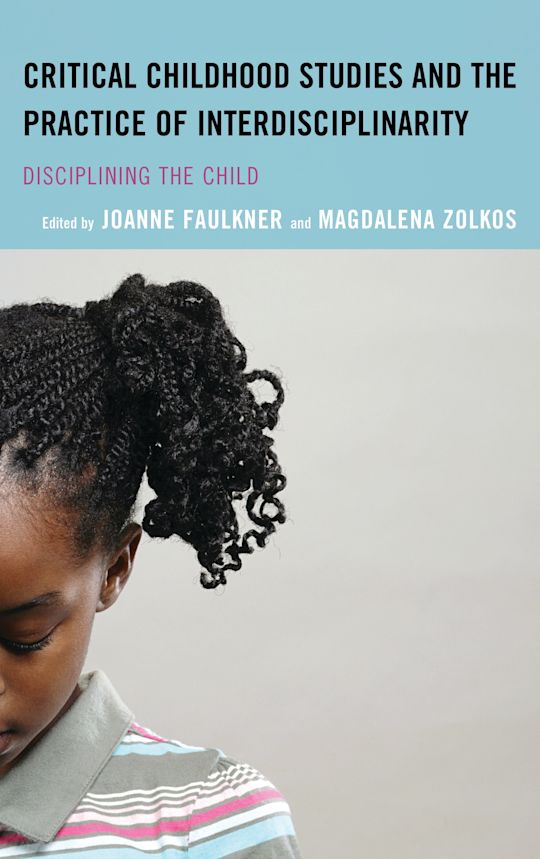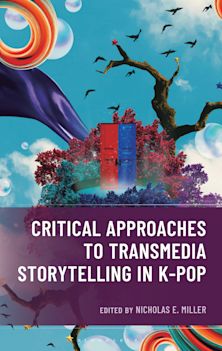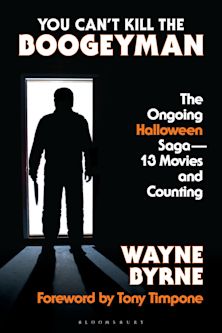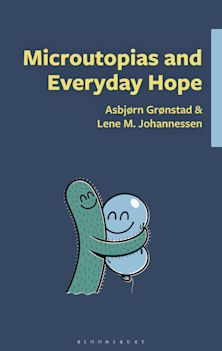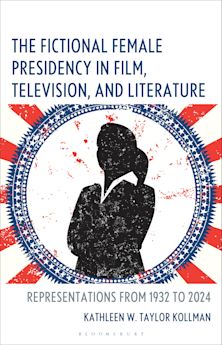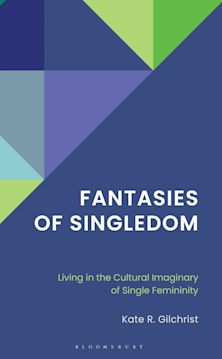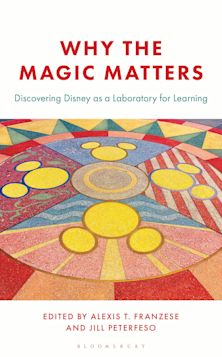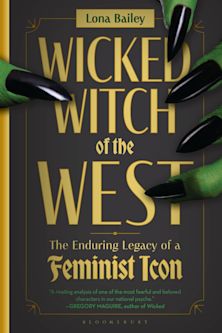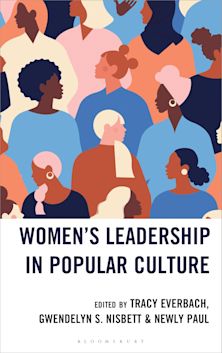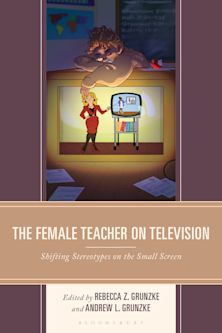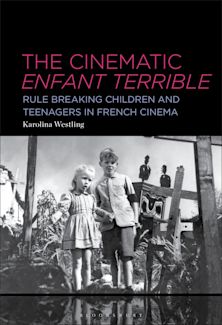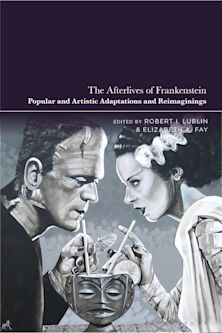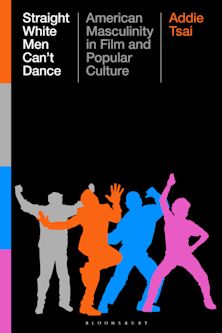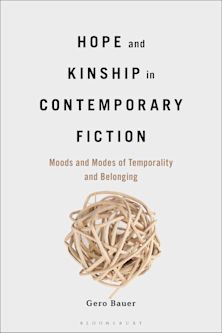Critical Childhood Studies and the Practice of Interdisciplinarity
Disciplining the Child
Critical Childhood Studies and the Practice of Interdisciplinarity
Disciplining the Child
Description
This book analyzes different figurations of childhood in contemporary culture and politics with a particular focus on interdisciplinary methodologies of critical childhood studies. It argues that while the figure of the child has been traditionally located at the peripheries of academic disciplines, perhaps most notably in history, sociology and literature, the proposed critical discussions of the ideological, symbolic and affective roles that children play in contemporary societies suggest that they are often the locus of larger societal crises, collective psychic tensions, and unspoken prohibitions and taboos. As such, this book brings into focus the prejudices against childhood embedded in our standard approaches to organizing knowledge, and asks: is there a natural disciplinary home for the study of childhood? Or is this field fundamentally interdisciplinary, peripheral or problematic to notions of disciplinary identity? In this respect, does childhood force innovation in thinking about disciplinarity? For instance, how does the analysis of childhood affect how we think about methodology? What role do understandings of childhood play in delimiting how we conceive of our society, our future, and ourselves? How does thinking about childhood affect how we think about culture, history, and politics?
This book brings together researchers working broadly in critical child studies, but from various disciplines in the humanities and social sciences (including philosophy, literary studies, sociology, cultural studies and history), in order to stage a conversation between these diverse perspectives on the disciplinary or (interdisciplinary) character of ‘the child’ as an object of research. Such conversation builds on the assumption that childhood, far from being marginal, is a topic that is hidden in plain sight. That is to say, while the child is always a presence in culture, history, literature and philosophy—and is often even a highly charged figure within those fields—its operation and effects are rarely theoretically scrutinized, but rather are more likely drawn upon, surreptitiously, for another purpose.
Table of Contents
Part One: The Child in Memory
Chapter One: Locating the Child within the History of Childhood, Shurlee Swain
Chapter Two: Theorizing Childhood in Second-Wave Feminism: A Re-Reading of Germaine Greer’s The Female Eunuch (1970), Isobelle Barrett Meyering
Chapter Three: “Ancestral Guilt”: Childhood as Redemption and the Question of Nazi Descendancy in German Cultural Memory, Magdalena Zolkos
Part Two: The Child in Imagination
Chapter Four: The Nature of the Child and the Child of Nature: Historical and Contemporary Continuities, Gail Hawkes and Danielle Egan
Chapter Five: Humanity’s Little Scrap Dealers: The Child at Play in Modern Philosophy and Implications for Sexualization Discourse, Joanne Faulkner
Chapter Six: Childhood, Character, and the Nineteenth-Century Novel, Elizabeth Drumm
Part Three: The Institutionalized Child
Chapter Seven: Investment, Risk, and Other Ways of Thinking About Children, kylie valentine
Chapter Eight: Discursive Children: Stolen or Just Forgotten? Racial Politics and the Figure of “the Child” in an Australian Culture of Liberalism, Emily Soper
About the Contributors
Product details
| Published | 14 Dec 2015 |
|---|---|
| Format | Ebook (Epub & Mobi) |
| Edition | 1st |
| Extent | 190 |
| ISBN | 9781498525763 |
| Imprint | Lexington Books |
| Series | Children and Youth in Popular Culture |
| Publisher | Bloomsbury Publishing |









